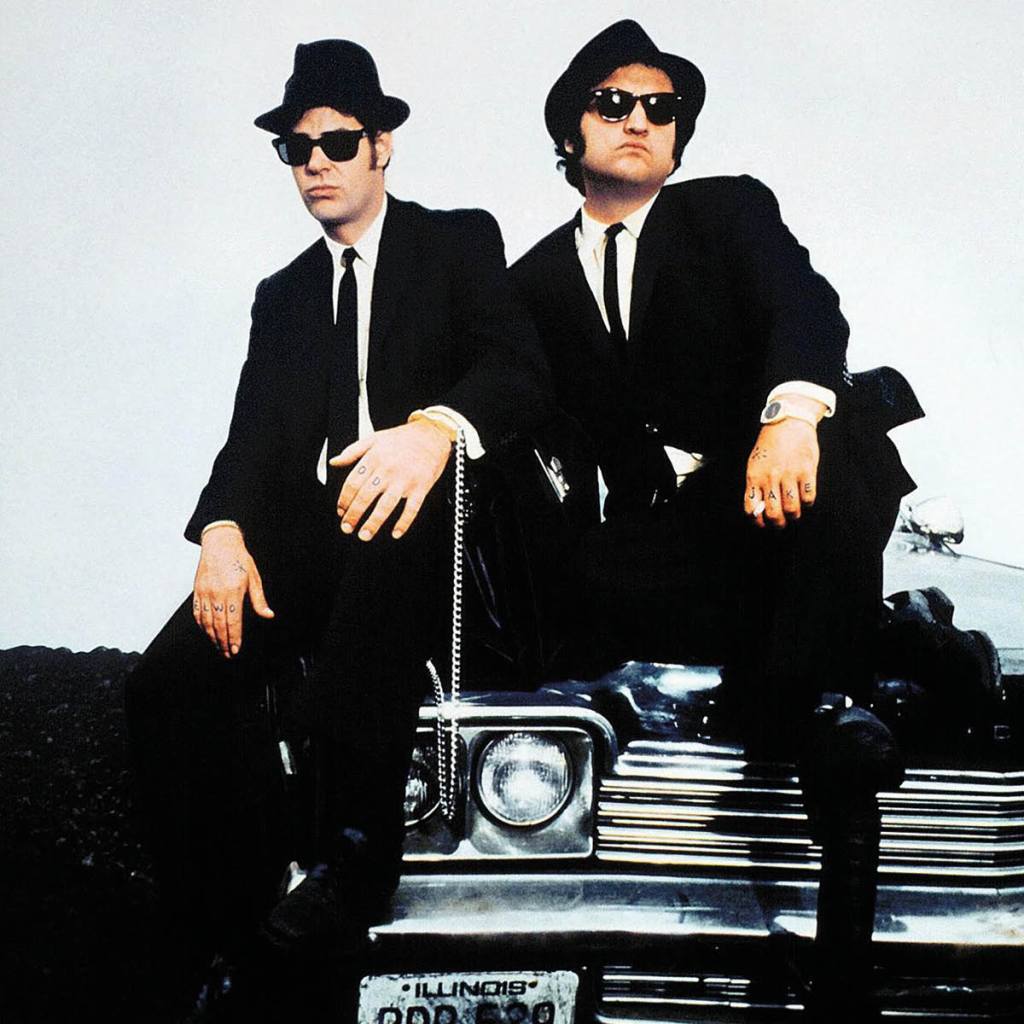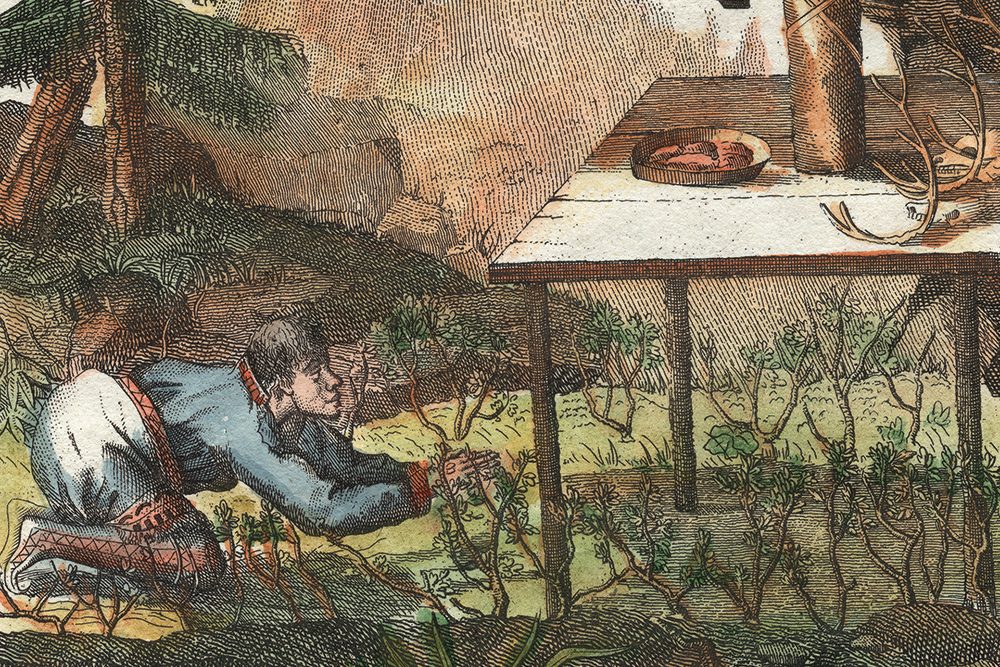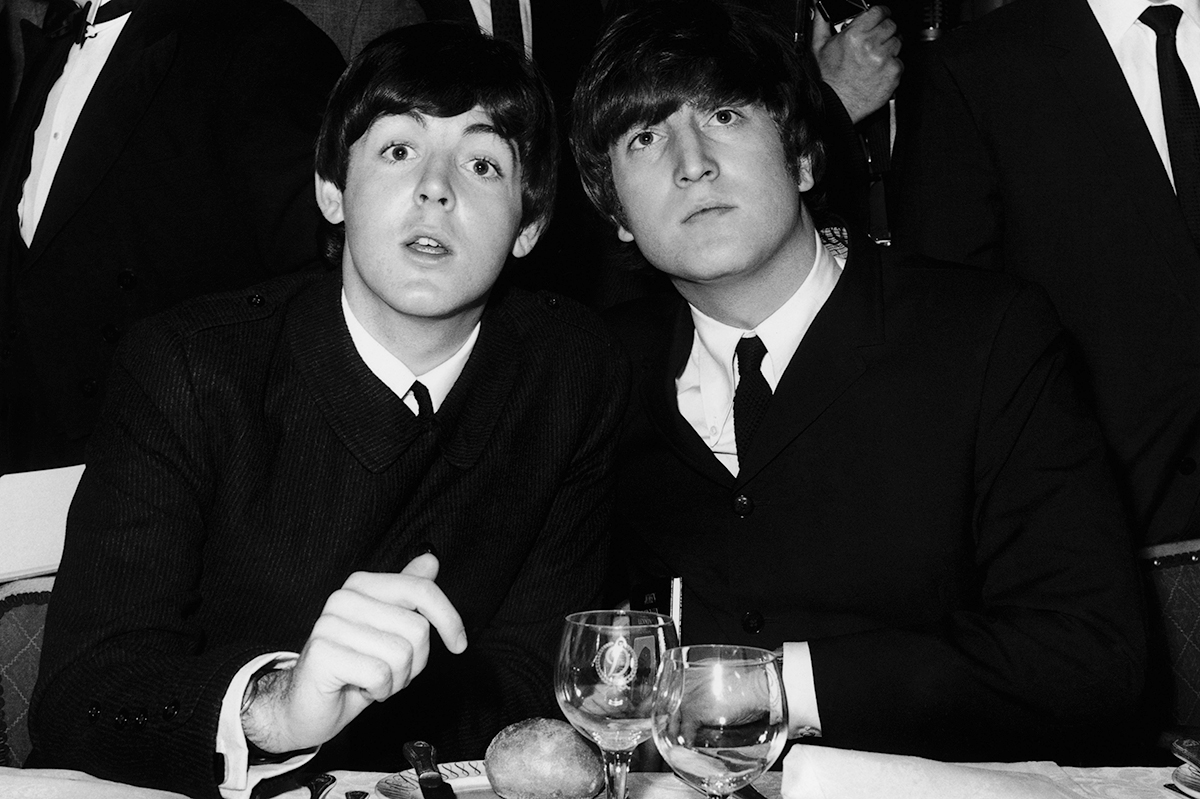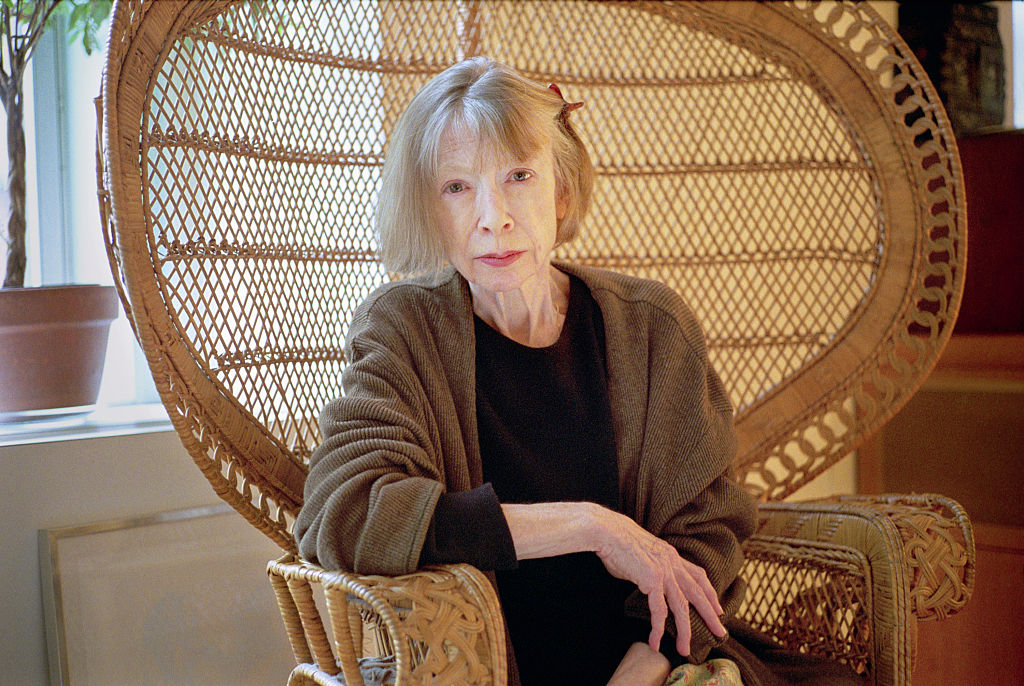A good place to start with The Blues Brothers, Daniel de Visé’s engaging account of the John Belushi-Dan Aykroyd comedy classic, is in the spring preceding the movie’s summer 1980 release. By this stage, the production was mired in controversy and a martyr to industry scuttlebutt. Press reports put the expenditure at anywhere between $35 million and $40 million (in fact it sailed home at a mere $27.5 million) — and this at a time when over-subsidized box office calamities such as Steven Spielberg’s 1941 and Michael Cimino’s Heaven’s Gate had prompted many a lament about Hollywood hubris. The rough cut came in at a mammoth three hours, at a time when two were reckoned excessive. Early screenings had played well, but there were gripes about what de Visé calls “over-run scenes and excessive cameos.”
Leaned on by the studio bosses at Universal, director John Landis pared it down to two hours and thirty minutes, and then to two hours thirteen. “The rhythm was gone,” he complained, and the film felt “kind of choppy and abrupt in places. It wasn’t before.” Meanwhile, the money men were turning antsy. As Landis and his producer Bob Weiss emerged onto Hollywood’s Pico Boulevard after the first private viewing, they bumped into the studio president, Ned Tanen. Glaring at Weiss, Tanen made “a scissoring motion with two fingers.” Shortly afterwards another executive hauled Landis in to meet a movie-house owner from a plush district who declared “I don’t want blacks in Westwood, so I’m not booking your picture.” As Landis took his leave, he too was treated to the double-digit scissor-wave.
The racial controversy thereby goaded into being has many a modern parallel. If on the one hand, white theater owners balked at booking a movie with a defiantly multiracial slant — Aretha Franklin, Cab Calloway, James Brown and Ray Charles were among the supporting cast — then on the other, liberal-minded critics lined up to accuse Belushi and Aykroyd of paternalism, if not indirect racism. New York’s David Denby was not the only pundit to suggest that The Blues Brothers’s costars “doubtless intended to pay homage to the great black performers who have inspired them, but the homage often comes close to insult and downright rip-off.” As for what the black performers thought, to a man — and woman, given Aretha Franklin’s energizing presence — they seem to have been grateful for an exposure that, in several cases, revived flagging careers.
And here a little cultural context is in order. The world was a much larger place four-and-a-half-decades ago, and the furor that attended the movie’s US debut on June 20, 1980 stirred barely a ripple outside America. It was the same with Belushi’s death, in deeply depressing circumstances in March 1982, which most British media outlets covered in a paragraph or two. I will admit to barely knowing who he was until the publication of Bob Woodward’s Wired: The Short Life and Fast Times of John Belushi (1984); the only contemporary of mine who knew anything about him was Private Eye’s editor Ian Hislop, who had spent time in America and seen some of the early Saturday Night Live shows in which he made his name.
You suspect that had Belushi not died at thirty-three in a bungalow at the Chateau Marmont with enough drugs in his system to kill a small menagerie, the need for books like The Blues Brothers would probably not exist. As its title implies, de Visé’s entertaining — if that is the right word — canter through Belushi and Aykroyd’s lives and times covers a fair number of bases. Several myths are scotched along the way, one of them the persistent allegation that the movie was a 1941/Heaven’s Gate-style turkey (it covered its costs in a mere three-and-a-half weeks). The early chapters fill in Belushi’s pre-SNL career with Chicago’s Second City comedy troupe and the National Lampoon crowd to considerable effect. As in Wired, the people with whom you sympathize the most are Belushi’s long-suffering wife Judy, the actors who appeared on screen with him and the far more organized and dependable Aykroyd.
Not, of course, that Aykroyd didn’t have his moments of excess, for this is the late Seventies to early Eighties TV-to-Hollywood nexus, when everyone seems to have been permanently off their heads and scarcely able to function without continual resort to fast white powders. De Visé’s reportage from film sets in and around Chicago, where the movie reaches its tumultuous climax, is suitably clinical. Landis, for example, thought that though Belushi had given him 100 percent in the 1978 college gross-out comedy Animal House; two years later he was down to 75. Other revelations include his technically dying twice while waiting to film. No one was allowed to remove their sunglasses on set for fear of critics and moviegoers homing in on the cast’s drug-addled eyes.
In case you don’t recall the movie’s wholly implausible plot, it involves two small-time hoodlum brothers, Jake (Belushi) and Elwood Blues (Aykroyd), (the former stalked by his vengeful abandoned fiancée Carrie Fisher), who are bent on re-forming their band with the aim of settling the tax liabilities racked up by the Catholic orphanage in which they were raised (“We’re on a mission from God”). There are a great many car chases and some lively musical interludes, courtesy of Franklin, Brown, Charles, Calloway, John Lee Hooker and the band themselves, with Belushi and Aykroyd augmented by a seriously talented ensemble that includes guitarist Steve Cropper and bass player Donald “Duck” Dunn.
The two questions that hover over The Blues Brothers, though, once one has allowed for the posthumous sanctification, are: a) is it any good as a film? and b) could anything have been done about Belushi?
From one angle, the film offers a stark realism that was unusual for the time — or rather, unusual for a comedy — and de Visé is interesting on the technicalities of choosing stock that would push the contrasts between the brightest whites and the deepest blacks and cinematographer Steve Katz’s plan to shoot in what he called “hard light.” Landis was right about the effects of the pruning, and the director’s cut is far superior to the original cinema version. On the plus side, some of the dialogue (“It’s 106 miles from Chicago, we’ve got a full tank of gas, it’s dark and we’re wearing sunglasses… Hit it!”) still sparkles. On the minus side, there are far too many tensionless auto pursuits, far too much directorial self-indulgence and far too many scenes where a pre- comatose Belushi is clearly going through the motions.
As for question b), the speed at which Belushi degenerated is simply prodigious. In the fall of 1978 he was starring in the number one box-office movie in America (Animal House, which grossed over $60 million on a tiny budget) and its top-rated TV show; just for good measure the first Blues Brothers album topped the Billboard charts. Forty months later he was dead. Could anything have been done? De Visé’s (implied) conclusion is: probably not. It is pointless to blame manager Bernie Brillstein or Belushi’s wife or his comedy partner, all of whom seem to have tried hard to save the life of a man who was pretty much unsalvageable. The best results were always achieved by professional enforcers who stuck to his side at parties, kept the dealers at bay and flushed contraband. Without them, the path led to the Chateau Marmont, a day-long drug binge and an autopsy that revealed a massive overdose — a 100 ml sample of urine contained 55.72 mg of cocaine. Belushi died, it was suggested, because his heavily overloaded brain told his body to shut down.
One last question. Is Belushi still funny? The answer is: emphatically yes. No, make that yes. The SNL performances are those of a comedian who seems genuinely close to the edge, ripe to kick off at a second’s notice. Another raised eyebrow, you think, watching him tête-à-tête with, say, Chevy Chase (whom he disliked), another tacit sneer and he’ll simply boot Chase off the set. Inevitably, much of the humor — if it is humor — comes from its exposure of Belushi’s own frailties. The notorious SNL opening sketch in which Belushi is wheeled in on a stretcher with an attendant medic whose threat to “cut off his drugs,” prompts the casualty to sit bolt upright with a shout of “Live from New York, it’s Saturday Night,” mimics a real-life episode in which the doctors reckoned him too wasted to go on. But then you rewatch the scene near the end of The Blues Brothers in which he talks Carrie Fisher out of blowing his head off, enjoys a tender reconciliation, leaves her face-down in the mud and makes his getaway — and forgive him everything.
This article was originally published in The Spectator’s May 2024 World edition.























Leave a Reply